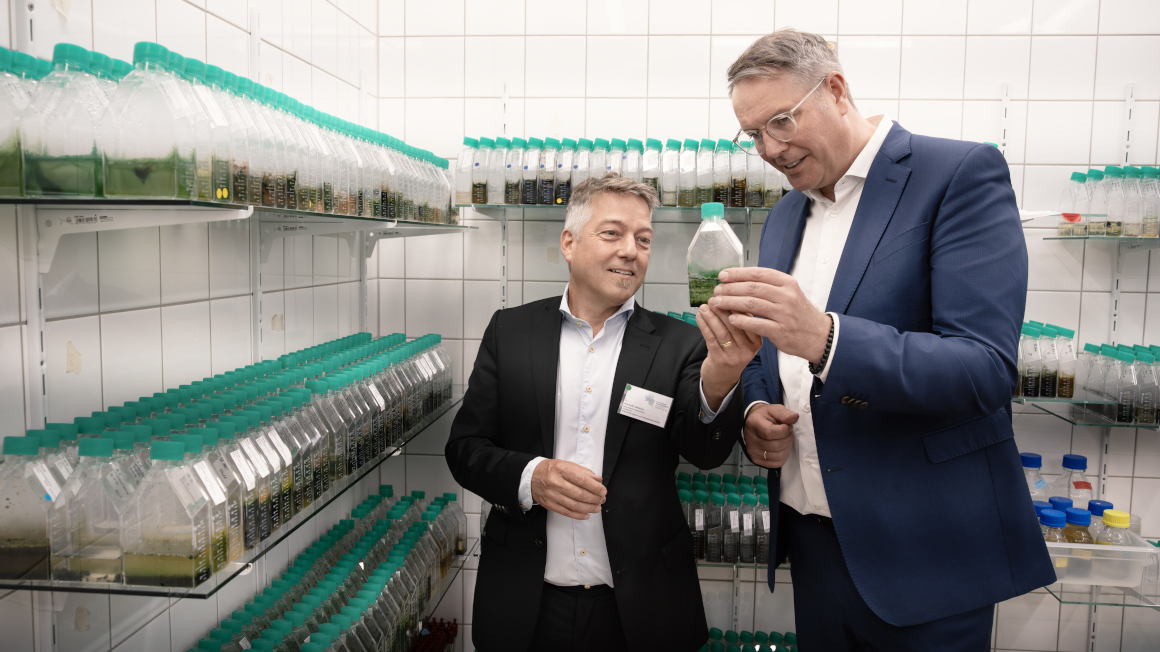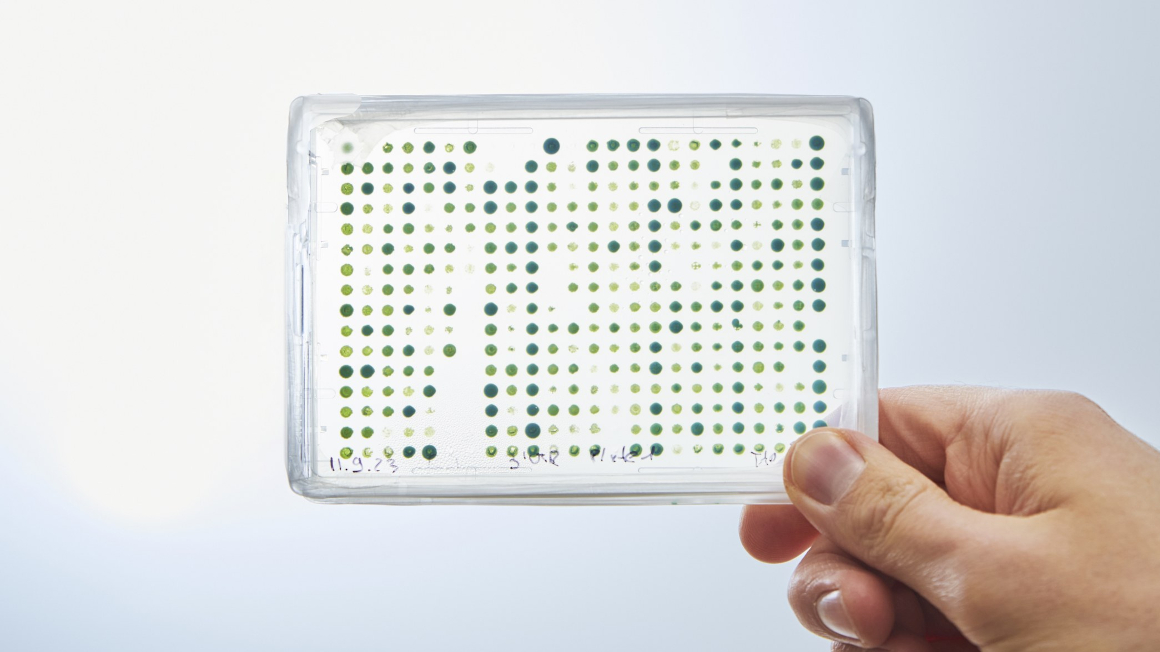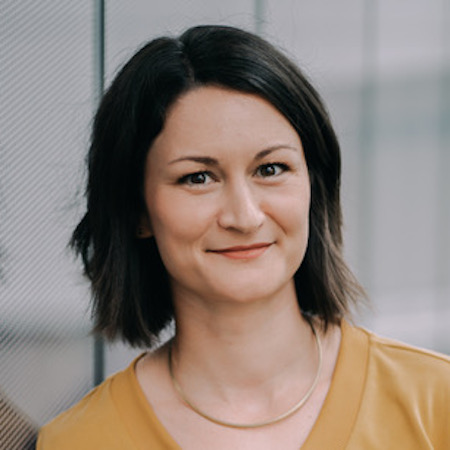Waste2Value: Microbes for sustainability
Mastering structural change in the Western Palatinate with microorganisms: Alexander Schweitzer, Minister President of Rhineland-Palatinate, saw for himself how this can be achieved during a visit to the Pirmasens campus of Kaiserslautern University of Applied Sciences.

Dyes made from CO2 and sunlight, fuels made from pizza scraps, or bioplastics made from bread scraps: The Waste2Value joint project relies on bacteria and microalgae to convert waste materials from agriculture, food production, and industry into valuable chemicals and materials and to promote structural change in the Western Palatinate region. On August 12, Minister President Alexander Schweizer was briefed on the research results at the Pirmasens campus of the University of Kaiserslautern.
During his tour of the biotechnology center at the Pirmasens Testing and Research Institute (PFI) and the university's algae technology center, Michael Lakatos, head of the consortium at the University of Kaiserslautern, together with Stefan Dröge from the PFI, presented the Waste2Value project and selected innovation paths. The SPD politician and other guests were able to learn how microorganisms convert waste materials and how cyanobacteria produce valuable additives for food.
Creating value from waste
“Creating value from waste – that is a vision that is within reach with Waste2Value,” said Minister President Schweitzer. During his visit to the Pirmasens campus, he not only praised the scientific achievements of the alliance, but also emphasized “the central importance of such projects for the climate-friendly restructuring of the economy and the strengthening of structurally weaker regions.”
The joint project “Waste2Value – Microorganisms are changing the Western Palatinate” is supported by the Federal Ministry of Research, Technology, and Space (BMFTR) as part of the “Innovation & Structural Change” funding program. The University of Kaiserslautern coordinates the alliance together with the Pirmasens Testing and Research Institute and the ZukunftsRegion Westpfalz (FutureRegion Western Palatinate).
Bringing methods into industrial application
In the first phase of the project, which began in 2021, around €10 million has already been invested in 15 projects with over 40 corporate partners. The second phase will receive a further €5.2 million in funding. Over the coming years, the methods developed will now be brought into industrial application on a demonstration scale.
Waste2Value combines traditional expertise from the shoe and textile industries with modern bioprocess engineering. The focus is on developing processes that are recyclable, economically competitive, and reduce CO2 emissions. Using microorganisms, organic waste materials are converted into platform chemicals for plastics, adhesives, and composites, as well as valuable extracts for food and cosmetics.
bb


